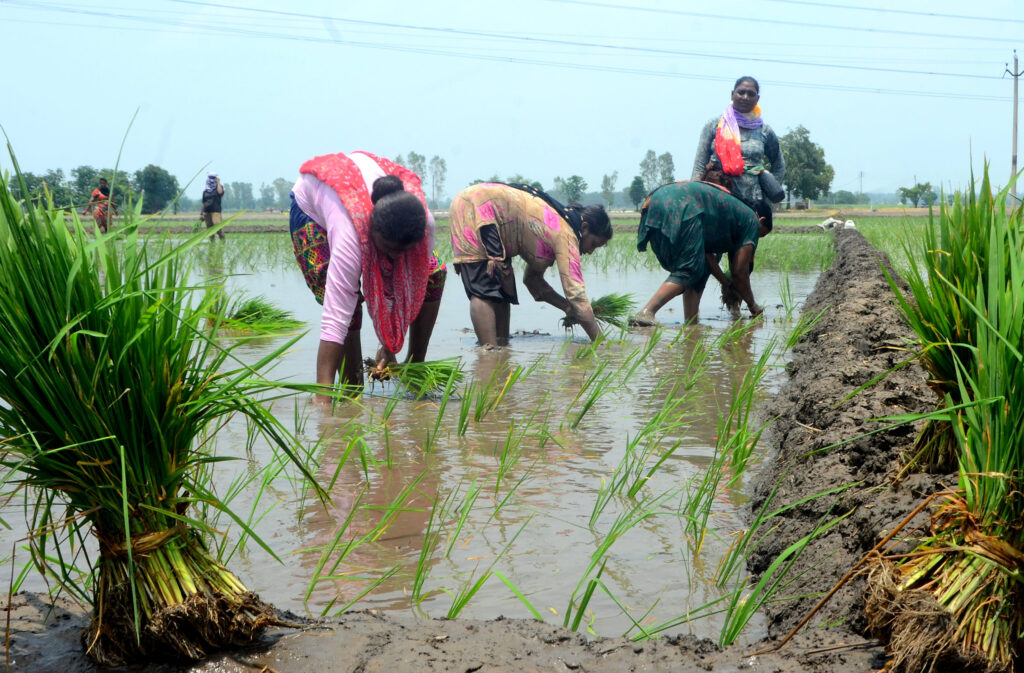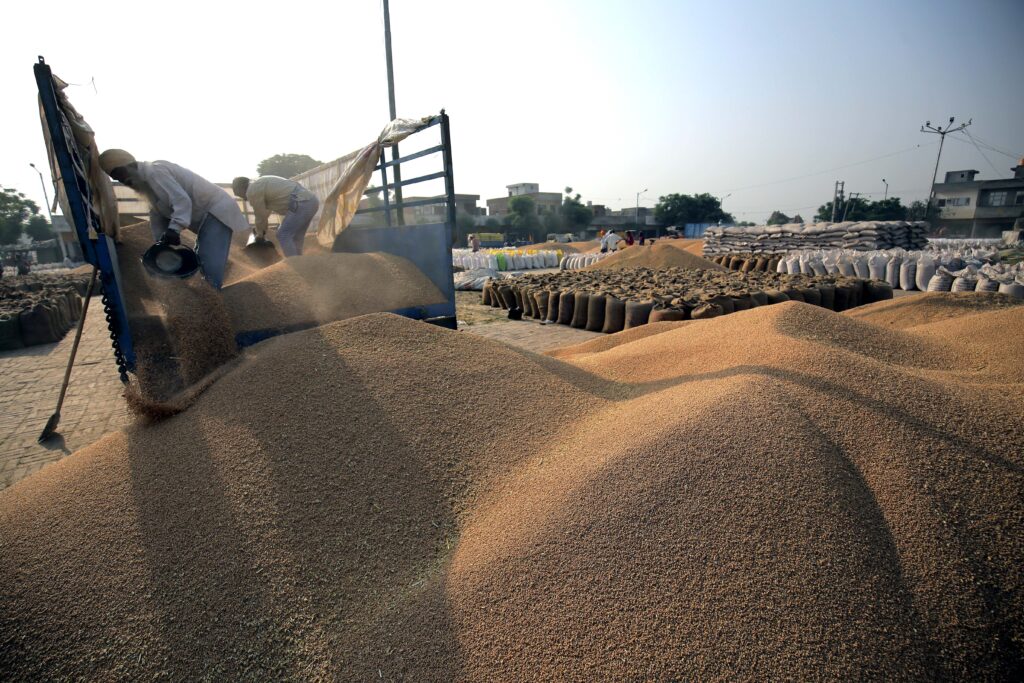
The move by India, the world’s largest rice exporter, is expected to further raise inflation concerns in the global grain market, which had been unstable. According to Indian media such as Reuters and Economic Times, the Indian government announced on the previous day that it would ban exports of non-Basmaty white rice.India has already restricted exports of crushed rice grains (broken rice), so the authorities’ measure will further expand the scope of restrictions on rice exports.
The Indian government, however, said that 7.4 million tons of steamed rice exported last year was not subject to the ban.Basmati rice is cultivated mainly in South Asia, including India and Pakistan, in a long, slender form.India exported about 22 million tons of rice last year, and Vivasmati white rice and sardines account for almost half of them, or 10 million tons.The Indian government introduced the measure in a surprise move as prices in the country’s grain market have fluctuated recently.According to Reuters, the retail price of rice in India has risen 3% in the past month, and heavy monsoon rains have also caused great damage to cultivated land.

The Indian government explained that it made the decision to ensure proper purchase of Vivasmati white rice in the domestic market and to calm prices.Reuters explained that the move shows that the Narendra Modi government, which is set to hold general elections next year, is sensitive to inflation.The Modi government banned the export of sardines in September and imposed a 20 percent export tariff on some rice varieties. It has also imposed restrictions on wheat and sugar exports.The Indian government’s decision is expected to have a major impact on the global grain market, which is already unstable due to the war in Ukraine.In fact, grain prices such as wheat have soared recently due to Russia’s declaration to destroy the Black Sea Grain Agreement.
In particular, rice is a staple food of more than 3 billion people, and India accounts for 40% of the world’s exports. There are 140 countries that import Indian rice.”India will disrupt the global rice market at a faster rate than the aftermath of Russia’s invasion of Ukraine,” said B.V. Krishna Rao, president of the Indian Rice Export Association. “Buyers who cannot replace supplies from other countries will be in great pain due to a sudden export ban.””Thailand and Vietnam (the second and third largest rice exporting countries) cannot afford to cover the shortfall, and African buyers will be hit the most seriously,” he added.
EJ SONG
US ASIA JOURNAL



